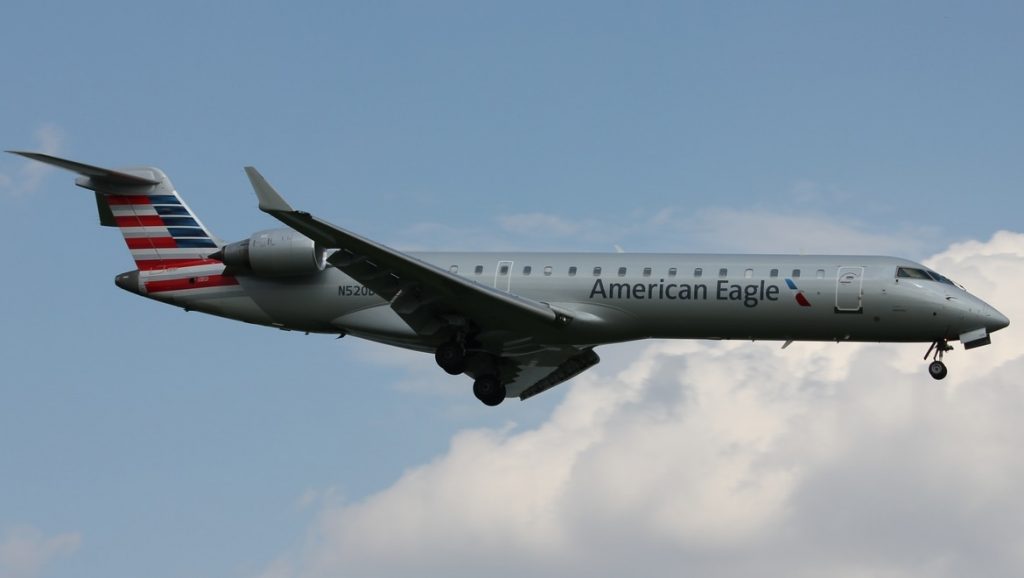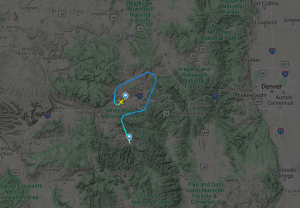
In March, World of Aviation reported that both the EU and (later) the US had relaxed slot rules to curb the growing trend of so-called “ghost flights”.
In recent weeks, this phenomenon has reappeared as a result of strict requirements tied to the US federal stimulus package. Under the terms of the deal, known as the CARES Act, financial support to airlines is contingent on those airlines continuing to provide “reasonable and practical” services to regional communities.
With stay-at-home orders in place in many US states and demand for domestic air travel at rock-bottom, this has forced many carriers to continue operating unprofitable or unpopular routes.
One example in recent weeks was picked up a Denver local media outlet, The Colorado Sun. The paper pointed out that many flights to regional tourist destinations within the state were still being flown on a regular basis despite being empty (or nearly-empty).
This includes American Airlines Flight AA2986, which is for now maintaining a circular route through four of AA’s local destinations within the state, in order to meet the requirements as effectively as possible.
This makes one of the legs, which runs between the two ski towns of Vail and Aspen, the all-new shortest flight maintained by a major US carrier. The Vail to Aspen route, depicted below, clocks in at just at 47 kilometres.

Under the current AA2986 routing, a passenger looking to travel from Vail to Dallas-Fort Worth (in Texas) would take-off and land three times.
Major US airlines appealed to the Department of Transportation for an exemption to this ruling on 30 April.
“Under any ordinary meaning of the term, it would not be ‘reasonable’ to require any carrier to place its airport staff and flight crews at risk of exposure to the COVID-19 virus solely for the purpose of operating flights for which there is little or no actual demand, if the carrier can offer the few passengers in the affected community who do need to fly a reasonably convenient alternative from another airport that is just a 60-minute drive away,” said Delta Airlines in its request for exemption.




